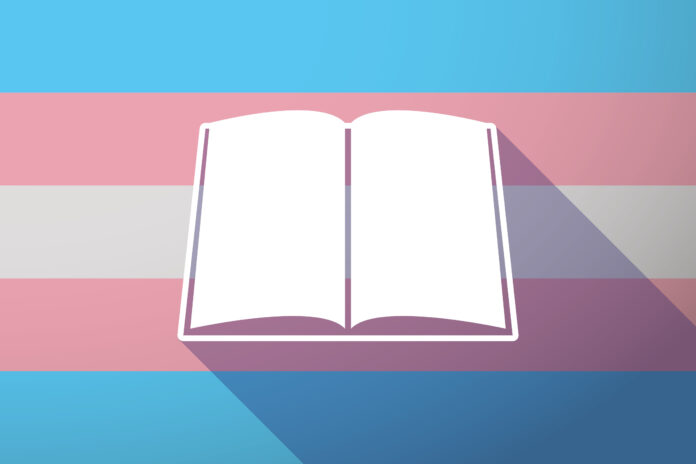It should come as no surprise to anyone that I feel that the trans community often fails to grasp its own history. That focus is, after all, part of my own history.
Part of that failure to grasp where we come from is institutional in its more basic form. In the era where gatekeepers controlled trans health care, we were discouraged from forming any ties with other transgender people, and encouraged to fade into the woodwork shortly after we had surgery. There was no attempt to build any sort of history among each other, as that clearly served to maintain control over us and our needs.
We also very much leaned into this — and still do. Our dysphoria — and, perhaps, our terminal sense of embarrassment — aids us in trying to distance from our messy pasts. In doing so, we may opt to go off our own ways, and shelter far away from our old haunts. I’ll admit, I’m certainly plenty guilty of this as well.
In eras past, and likely still today, it was common to purge anything trans from our lives. It was the shameful secret to be discarded on our deathbed, or the confidence we never saw disclosed.
What’s more, our families would also aid in such, seeing us buried under the names we were assigned at birth, our personal history stripped away to reveal their — not our — version of the truth.
There’s a lot in our personal history, too, that may cause us hurt, and sorrow, and which we may wish to simply move on from. Many of us lose lovers, family and longtime friends when we transition, and long standing jobs and homes may become alien to us through this process. I can’t blame anyone who wants to leave such pain behind.
Yet, this often means we have to reinvent the wheel.
Even in this era of plentiful Internet resources, we can still find it hard to learn about our shared history. Sure, we’ll know some of the big points: the Stonewall Rebellion, for example, or a few other, similar actions. We may know some of our celebs, or the groundbreaking things they may have done.
Conversely, we may know of a few events that harmed our community, such as the burning of the library at the Institut für Sexualwissenschaft in the lead up to World War II, the destruction of countless books, magazines, and other items that covered the first modern transgender clinic and LGBTQ+ institute.
You have to dig, still, to find more. To learn about the trans people who were at that institute, or others elsewhere in the world at the same time. You have to rely on a handful of trans scholars who are working hard to uncover our past and bring them to light on YouTube and such, at various transgender archives, or in print.
Even then, there is still so much that is simply forgotten and lost to time. It isn’t until very recently that we’ve even attempted to focus on any trans history, and as a result, there is a lot we simply may never know.
We are living through a very hard time, where white, straight, cisgender, right-wing men are trying to control the narratives of our society, and where the things they’re allowing to be taught are being controlled as tightly as possible. The notion of even seeing the word transgender, let alone so many others, is not a possibility they’ll allow.
I think back to my childhood, trying to find information about being trans at my local public library, and coming up empty. There was nothing to learn, no history, and no role models to emulate. I remember how hopeless this made me feel, and how alone.
There are those who are more than happy to see us right back there.
Those trying to control our history seek to make sure we don’t get to have one, and that we get to be treated as a new deviance, rather than a long-standing part of culture. We have always been here, and the historical record shows us in Sumeria, in Ancient Egypt, in Rome, and every century before and after, but without a history, how would we ever know?
And why even mention the ancient world, when we only recently were able to rediscover Jackie Shane, a trans R&B musician of the 1960s?
There is a joke that often comes up, that every transgender person ends up being labeled as the “first transgender person” to accomplish a thing. Usually, we’ll find that they weren’t nearly the first, with decades, even centuries, of history to look back on.
In preparing to write this, I came across a perfect example of this, as Google told me that the first transgender singer was Kim Petras. I’m sure it would be a surprise to a great many others who came before, including the aforementioned Jackie Shane. I’ll give her partial credit, though, as she is the first singer to win a Grammy. That we know of.
Having a history should be core to who we are as a people. We need to know where we come from, and what we have accomplished. We need to have transgender people who make up a long and stellar history that we can look back on, and build toward our future.
As we go into what may be a darkly historical year for all of us, we need to know where we come from more than ever.
Gwen Smith hopes you’ll support trans historians and archives. You’ll find her at www.gwensmith.com.

